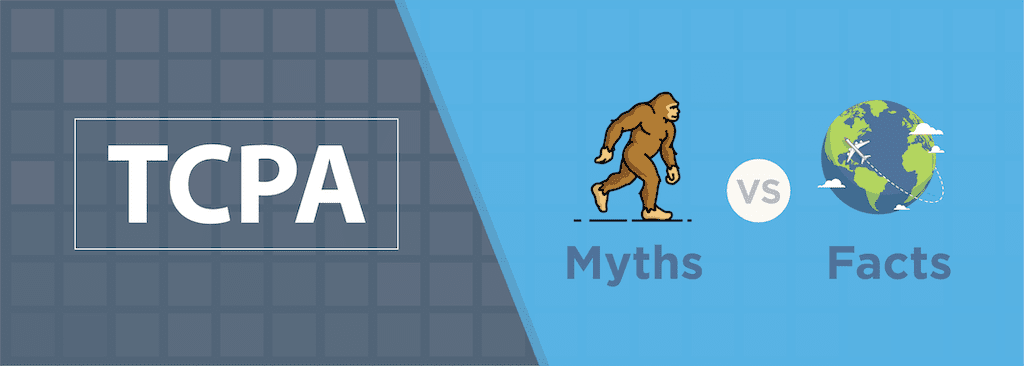Myths vs. Facts: Keeping Your Call Center in TCPA Compliance
It seems that things are always changing, and people are always talking. Sometimes it can be hard to separate fact from fiction.
When it comes to reducing your call center’s TCPA compliance risk, there shouldn’t be any guessing involved. With violations resulting in fines, it’s important to keep your contact center in-the-know and not take any chances.
While it only scratches the surface of the nitty-gritty details involved in maintaining TCPA compliance, take a look at some of the debunked TCPA common misconceptions.
Myth:
You do not need to keep records of your calls or campaigns.
Fact:
Companies need to actively record and maintain records to show compliance with TCPA requirements. If an issue arises, adequate records will show proof of consent given or a monitored number of abandoned calls.
Myth:
Following DNC compliance is the same as TCPA compliance.
Fact:
The Do Not Call rules and regulations are important to follow and understand. However, it is only a part of the TCPA, which is why merely complying with the DNC is not enough. Call centers need to be fully aware of the TCPA compliance rules to make sure all their bases are covered.
Myth:
If your company is only calling B2B, the TCPA does not apply to you.
Fact:
Not so fast…if your call center is calling wireless numbers with an automatic telephone dialing system (ATDS), prior consent needs to be given.
Get more information about what TCN offers to help with compliance.
Myth:
If you are calling for a reason other than sales, consent is not required.
Fact:
If you are calling a wireless number to provide information or conduct a survey using an autodialer, prior written consent is always required.
Myth:
It is not your company’s fault if it calls a person that has changed phone numbers.
Fact:
It is still your call center’s responsibility to identify and remove numbers that have changed. The regulations state that you are allowed to call a reassigned number one time before risking compliance violation.
Myth:
SMS messaging is different from phone calls, which means they do not fall under the same TCPA regulations.
Fact:
Just because your call center does not use calling to contact people, does not mean you are exempt from TCPA compliance. The FCC views phone calls and text messaging as the same, so your organization is still responsible for following the TCPA guidelines.
Myth:
It is okay to start each call by asking for consent.
Fact:
When the TCPA requires prior written consent, that means having permission before making the call. If numbers have not already given consent, your contact center either needs to discard them or call manually.
Get the SMS for Collection Agency Guide to see how to leverage omnichannel efficiently.
Brushing up on the basics of TCPA compliance can help you stay updated with changing laws and regulations. As a call center, you need to do the research and find out for yourself what are myths and facts.
Most importantly, double-check your information and make sure your call center is staying TCPA compliant — the alternative can result in lawsuits and costly fines.
Check out TCN’s compliance guide for more information about TCPA guidelines.
